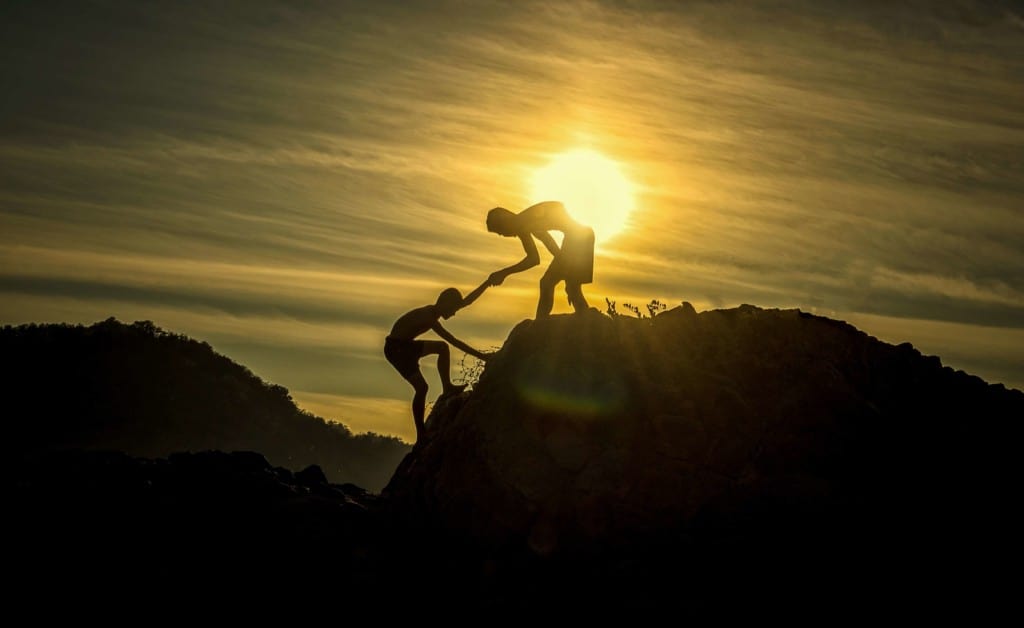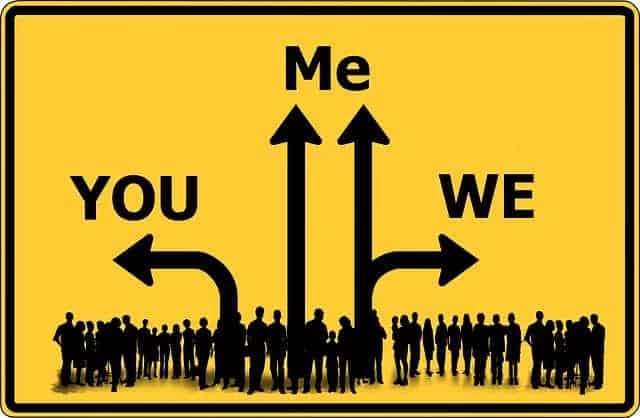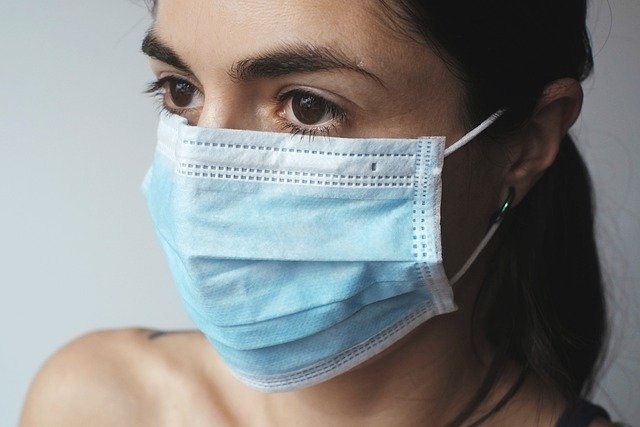Thinking of others during the pandemic
Newer generations are not accustomed to sacrificing freedoms
When I was young, I loved listening to my grandfather talk. He was normally quiet and reserved, but if he felt comfortable, and usually after a beer or two, he would open up. Through these stories I learned of his youth in the Netherlands. Born in 1926, he lived through the Great Depression and the German occupation of the Netherlands (which involved thousands being starved, killed, or sent to concentration camps). He was drafted into the Dutch military after the war, and caught malaria in Indonesia. In the mid 1950s, he moved to Canada with my grandmother.
He would often speak of happy memories, but occasionally he would tell some of the sadder ones. During the occupation, he and his brother were walking when my grandfather realized he forgot his coat on a fence post. His brother started to go back to grab it for him when he stepped on a landmine, losing his leg. Though his brother lived, the guilt my grandfather felt followed him throughout his life. I heard this story only once, and it was one of only three times I saw him cry.
My grandmother had similar stories, but she rarely told them. The few she did share were as heartbreaking as his. Her brother and father were sent by train to a concentration camp. Luckily, they escaped and eventually returned home. As a young woman, she was forced to be a housekeeper for a German family who treated her harshly.
Both of my grandparents, having been deprived of so much in their youth, tried to make sure no one around them was deprived of anything. They did not wish for anyone to go through what they experienced. They knew how precious life is. And they didn’t let the little things bother them.

The stories were hard for them to tell and hard to hear, but there are also stories of people helping others for no apparent reason. These stories seem so rare now, though, that they have their own segment on news channels.
People born around the time of my grandparents lived through similar (if not worse) times, while others did not survive. Many generations endured similar hardship until the last few generations—including mine.
For those born after 1950 in North America and parts of Europe, how does your life compare to your parents and grandparents? Did you live through the same terrors? Yes, we have all had troubles and terrors of our own, but to the same extent?
I was told as a child that I could be whatever I wanted to be when I grew up. So were many people my age. We lived through an age of being told to “look out for number one.” This dream got warped into the hopes of doing so well that you can live in excess without consequence. We thought we could stand and say to the world, “I did this all by myself.”
How many of us were told to not let anyone stand in the way of what we want? To dream big? We are sold on the idea of freedom. Our parents and grandparents fought and died for our freedom, so we better not waste it. In a way, it’s understandable why some people fight whenever it seems like we are being told what to do—like we are now.
When the pandemic began, health officials told us to wear a mask for the safety of others. Some people are not following this recommendation. Yet, other safety measures regularly restrict our freedoms. After all, we wear seatbelts and can be fined for not wearing one. It is generally accepted that the safety of wearing seatbelts outweighs the restrictions on our freedom. The same goes for not drinking and driving, wearing a helmet while riding a motorcycle, using crosswalks, or following traffic laws. And how long have stores said “no shirt, no shoes, no service?” Do people cry foul on our personal liberties over being fully clothed? So why are people crying foul over being asked to wear a mask to prevent the spread of a disease?

Perhaps it’s the first time many of us have been told to do something for others. At worst, wearing a mask is a minor inconvenience. Many of us have lived our whole lives knowing the benefits of wearing seatbelts. Will we look back at this time and scoff at our current stupidity? Hopefully.
For most of us, this is the first time we have had to think of ourselves as anything other than special. Death might not pass us by. Worse, we could unknowingly pass on a deadly virus.
Wearing a mask has been proven to help prevent the spread of COVID-19. Maybe it is time we approach it differently and ask people to wear a mask to save themselves. Maybe then people will take wearing a mask seriously.
Featured Image: Whether you choose to help yourself or help others, wear a mask. | Pixabay







